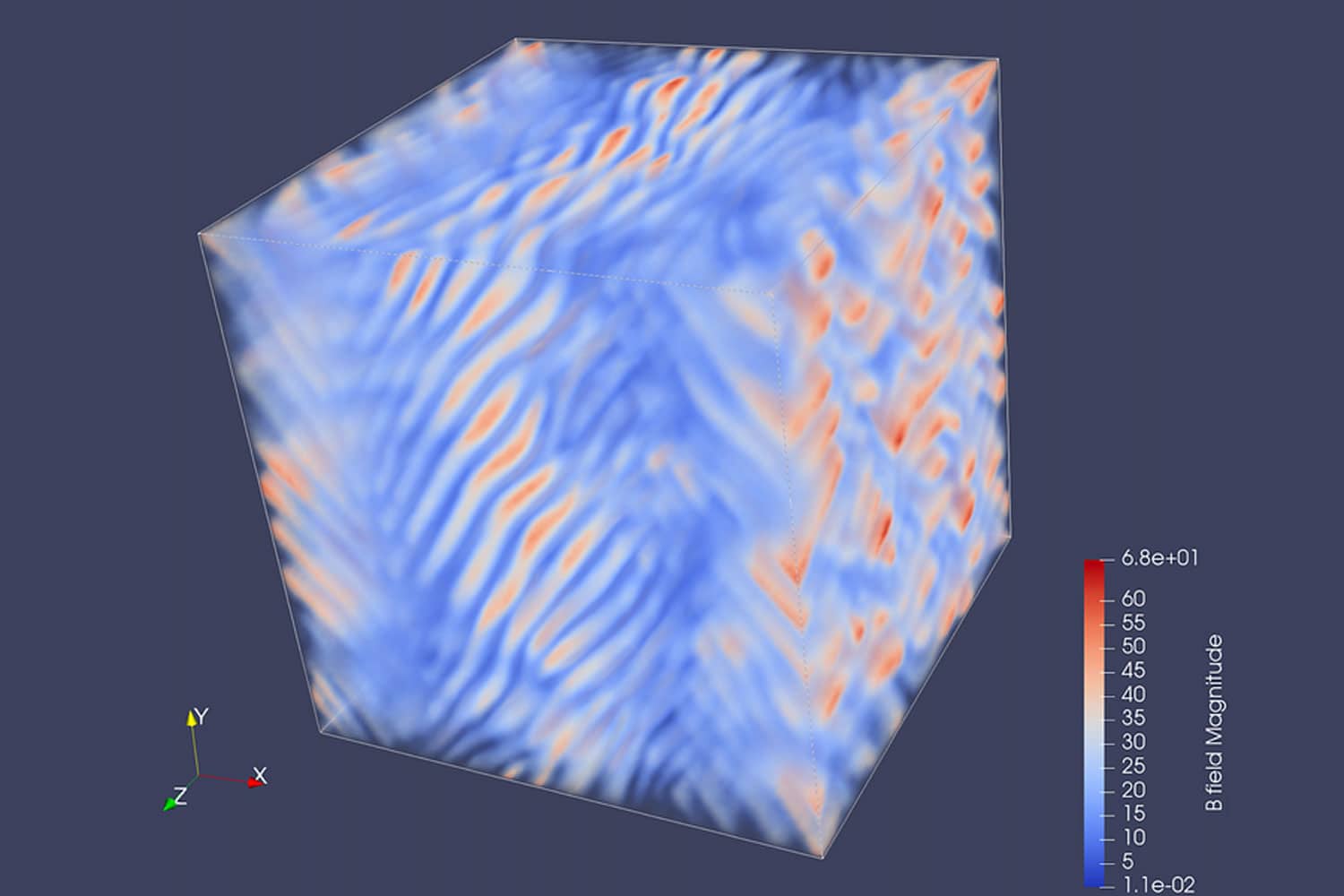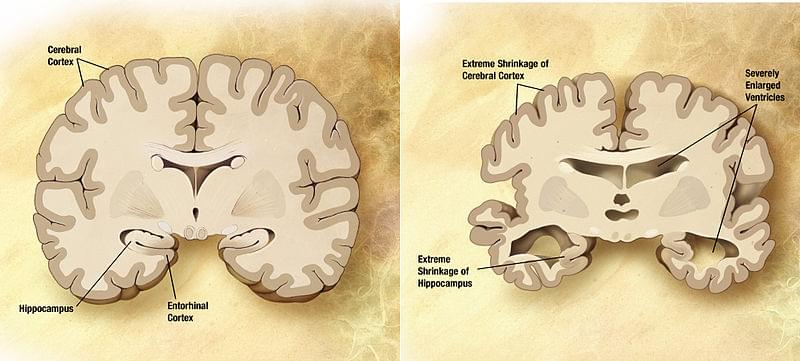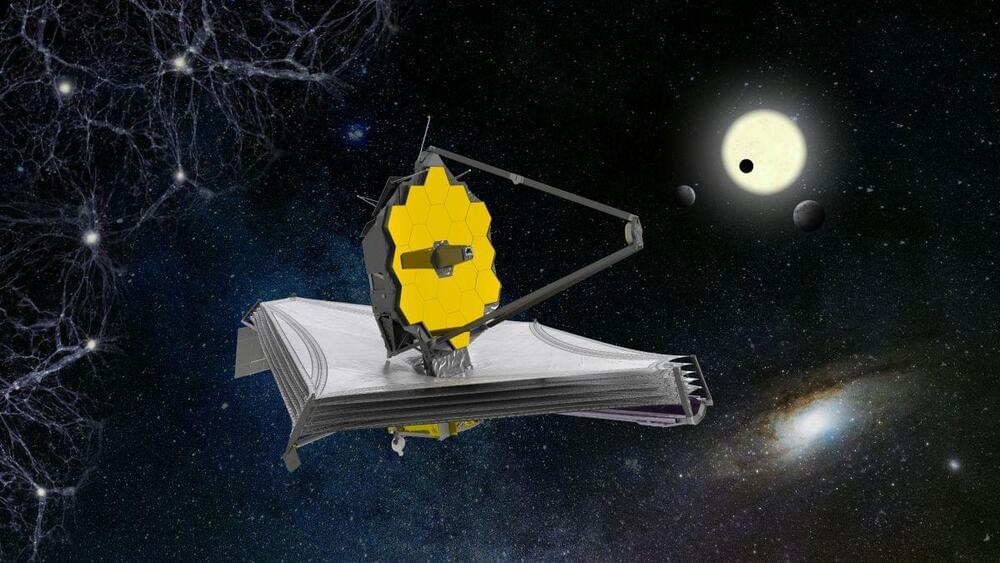Men like Zuckerberg and Musk are the subject of fascination. Their character, their genius, their flaws — all are treated to feverish scrutiny. Since Musk’s bid for Twitter, there has been a predictable flurry of speculation: does he know what he’s doing? Is he a troll or a revolutionary? Will he improve conditions of free speech? What, if anything, will he do about online harassment and extremism?
Though valuable and interesting, it is possible that these kinds of questions obscure the deeper issue, or at least the longer-term one. At root, the big question for the future of powerful technologies is this: whether they are ultimately economic entities which should be governed according to market principles, or whether they are in fact political in nature, and so should be governed by democratic norms and principles. In the long run, the answer we provide to this question will significantly affect the course of democracy around the world — more, in any event, than whether Musk himself understands the concept of “free speech absolutism.”
Many other advanced democracies are tacking toward the political/democratic option. The UK is considering a landmark Online Safety Bill, which will place strict duties on social media platforms. Off the back of the General Data Protection Regulation, the EU is readying a swathe of new measures — an Artificial Intelligence Act, a Digital Services Act, a Digital Markets Act — all of which will curb the power of tech firms.







